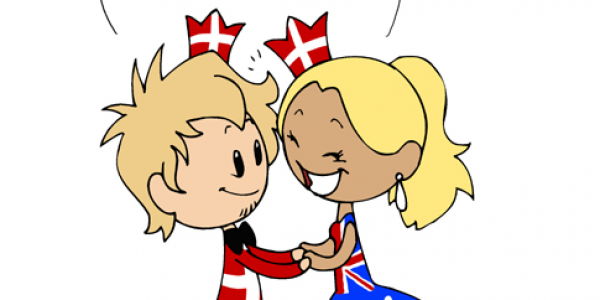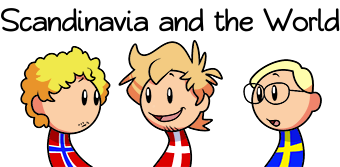Community made Fact Card:

Australia DOES have a Royal Family. Despite being an soverign nation, the Royal family of Australia are the King and Queen of England.
9 years ago #9592573
4
0
And there's the Danish princess Mary. Should count a bit as Australian royalty too, shouldn't it? 
7 years ago #9794354
3
0
Oh, and by the way: There has been no king or queen of England since 1707.
HM is queen of the United Kingdom of Great Britain and Northern Ireland (and her other realms). "Queen of England" is not even among her titles.
HM is queen of the United Kingdom of Great Britain and Northern Ireland (and her other realms). "Queen of England" is not even among her titles.
9 years ago #9540028
2
0
She's Queen of ALL the Commonwealth states not just the UK, Australia and Canada.
9 years ago #9532954
2
0
Now, there's an interesting twist on that. Under the Australian Constitution HM has a variety of powers, but she _can't_ use any of them. She has to appoint a governor-general to exercise them for her. And the governor-general has to take "advice" about how to exercise the powers of HM from the government, not from HM.
The monarch's only powers in Australia come from an act of Parliament, the Royal Powers Act (1953). And that got passed because she was about to visit, and the government wanted her to preside over a meeting of the Federal Executive Council while she was here, but discovered that that as far as the Constitution went she _couldn't_.
Now, HM's powers under state constitutions are not necessarily so limited. The queen of an Australian state can exercise some of her powers herself, rather than compulsorily delegating them to a state governor, but only if she is present in person.
The monarch's only powers in Australia come from an act of Parliament, the Royal Powers Act (1953). And that got passed because she was about to visit, and the government wanted her to preside over a meeting of the Federal Executive Council while she was here, but discovered that that as far as the Constitution went she _couldn't_.
Now, HM's powers under state constitutions are not necessarily so limited. The queen of an Australian state can exercise some of her powers herself, rather than compulsorily delegating them to a state governor, but only if she is present in person.
9 years ago #9529211
2
1
Well since the aussies do seem to love ABBA, there must be plenty of queens down under!
10 years ago #9478881
0
0
Or, Elizabeth, who is the queen of England is ALSO Elizabeth, queen of Australia. It is personal and not connected to the role as queen of England. Important distinction.
Add comment: Please Sign in or create an accout to comment.




































23